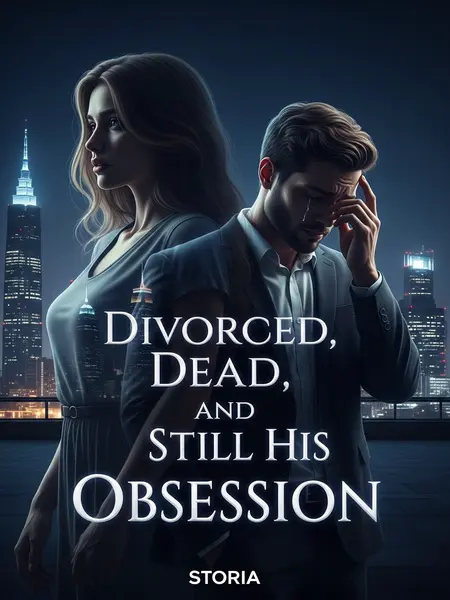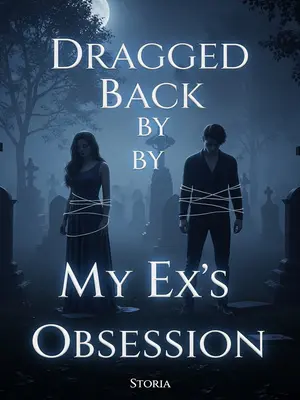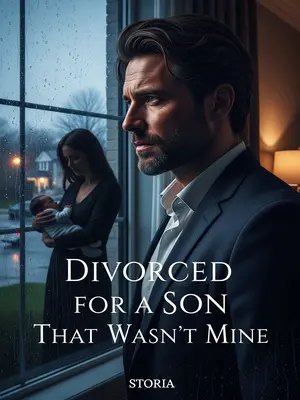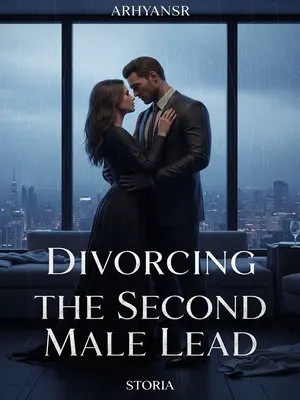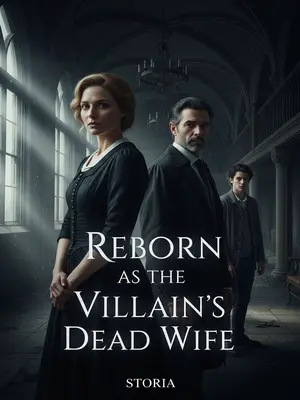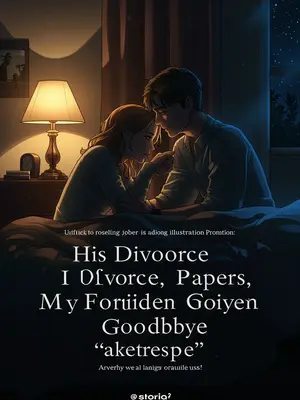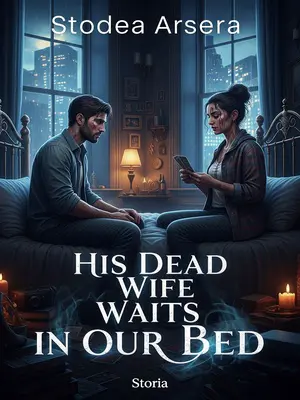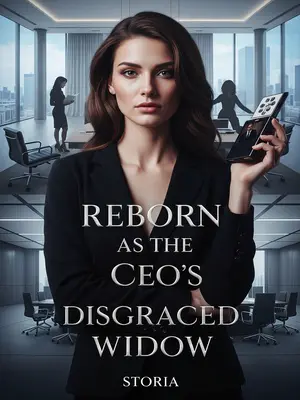Chapter 2: Watching the World Go On
On my first day as a ghost, I sit on the bay window, watching the city lights all night. The city outside glows with neon and the distant thump of someone’s bass-heavy party. It’s New Year’s, and the world feels drunk on hope.
The glass is cold, but my new form doesn’t mind. I trace the skyline with my eyes—neon signs, the blinking red dots on radio towers, blue flickers of TVs through half-closed blinds. It’s peaceful in a way I never knew when I was alive.
The phone by the bathtub only gets generic greetings. Over a hundred contacts in my phone, but not a single person messages me on New Year’s Eve.
A few text blasts from old coworkers, some spam from a loyalty card I never remembered signing up for—Happy New Year!—but nothing personal. The silence is more crushing than any angry call.
As the New Year’s Eve ball drop on TV nears its end, my ancient phone finally rings.
I float over—it’s my wretched ex-husband.
He sends a photo: a cardboard box with a few clothes and some used makeup inside.
He writes: "Your junk. You have one day to come get it. Don’t mess up my house."
My ex-husband’s name is Derek Mallory. He’s the kind of guy who’d wear a suit to a backyard barbecue and still look like he’s judging the potato salad. Cold, emotionless—a calculating CEO.
The name Derek always sounded like some Ivy League legacy who never smiled in yearbook photos. Mallory—like a last name you’d see carved into the side of a brick bank in a dusty Midwest town. He’s got that old-money chill in his bones.
He took over the family business at a young age and, in just a few years, multiplied its value many times over. Outsiders call him a business prodigy.
The business journals put his face on their "30 Under 30" lists, but in the photos, he’s never smiling—just that hard, calculated gaze. Even the photographers whisper about his stare.
As for his looks, there’s nothing to complain about. When he first took over, people joked he should use that face to make it in Hollywood.
It’s the kind of face that makes strangers double-take at airports. Too sharp to be pretty, too perfect to be approachable. Sometimes I wondered if he ever got carded at bars, or if everyone just assumed he owned the place.
But perfect people always have flaws.
His flaw is: he doesn’t love me.
He has a first love, a girl from his youth he never got over, while I was just a childhood betrothal arranged by our mothers.
The word “betrothal” sounded like something out of a dusty Southern novel, but in our case, it happened over Costco cake and hospital coffee.
My family was well-off when I was little, but we went bankrupt in my last year of high school.
We had a four-bedroom colonial with a porch swing, but by graduation, the For Sale sign was half-buried in snow. Credit card bills stacked up on the counter, dinners turned into ramen and dollar store mac and cheese.
I’d eat cold pizza on the porch swing, listening to my parents argue over the electric bill. I have a pampered older sister, a spoiled younger brother, and parents who value sons over daughters.
My sister got the queen bed and the college fund. My brother got away with murder—figuratively, though sometimes I wondered. I got hand-me-downs and lectures about being “the responsible one.”
After our bankruptcy, my sister—studying abroad—wasn’t affected at all.
She posted photos from Paris cafes while I counted out laundry quarters. My parents bragged about her scholarships like she was royalty. I was just the footnote.
My parents would nag, "Money’s tight, you have to be responsible."
My dad’s voice, rough from years in sales, echoed down the hall. My mom’s sighs carried through thin walls at night.
I worked hard for scholarships, finished my studies, did part-time jobs—afraid to add any burden to the family.
I hustled every summer—scooping ice cream, walking dogs, working the register at CVS. Finals week meant more coffee than sleep.
But then my parents sent my useless brother abroad, spending thirty or forty thousand dollars a year without a second thought.
He got a Jeep, a fancy dorm, and a semester in Spain. I couldn’t even get a new winter coat.
When I was working at McDonald’s for minimum wage, my brother was partying on a cruise ship.
I remember the smell of fryer grease clinging to my hair, while his Instagram was all blue water and cocktails with little umbrellas.
When I was handing out flyers in a sweaty mascot costume in the heat, my sister was skiing in the Alps.
Mascot suit in July—nearly passed out twice. She sent me selfies from St. Moritz with her new boyfriend in designer goggles.
It seemed only I was affected by our bankruptcy.
In my senior year of college, my parents clung to Derek Mallory like he was the family’s golden ticket.
When Derek’s mother was pregnant, she got into a car accident. My parents found her and rushed her to the hospital, saving both her and the child in her womb.
They always told the story like a badge of honor—"We saved that family," as if it was a lottery ticket that just hadn’t paid out yet.
Seeing my mother was also pregnant, and that my parents were good-looking, Derek’s mother suggested a childhood engagement between the two unborn children.
It happened at the hospital—everyone gathered in the waiting room, laughing over coffee in Styrofoam cups. They thought it was funny. No one realized how real it would become.
At the time, everyone thought it was a joke, but in my senior year, Derek’s mother fell gravely ill. On her deathbed, she remembered the engagement and sought out my family.
And just like that, a joke became my fate—sealed not by love, but by the handshake of two desperate families in a hospice ward.
